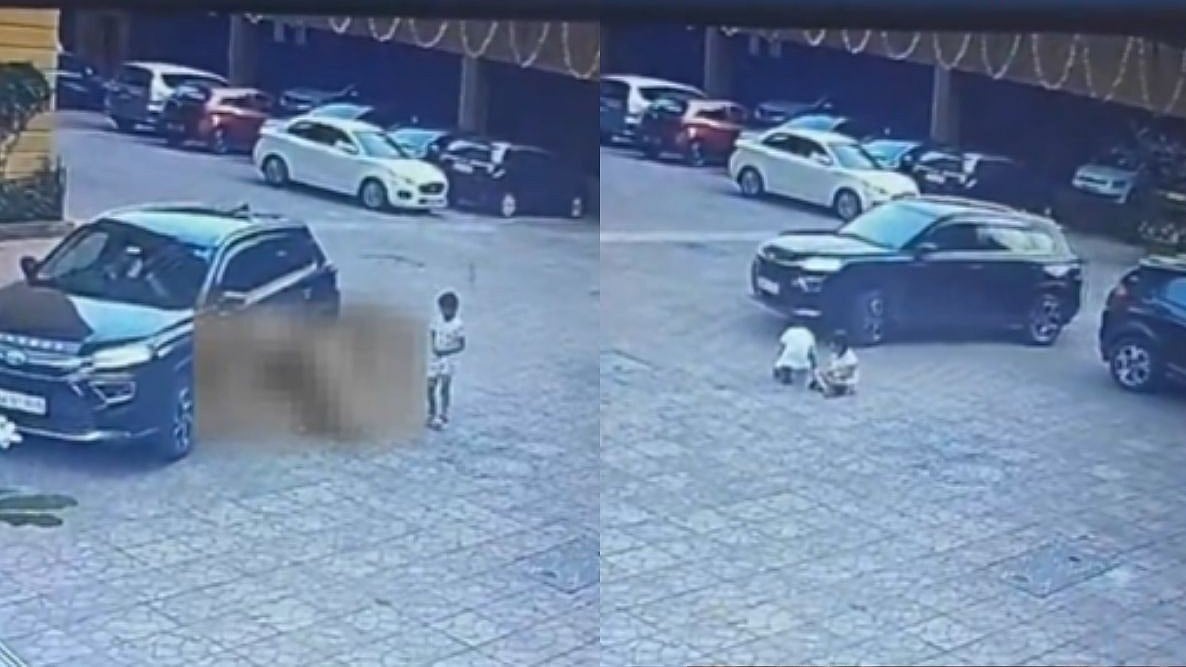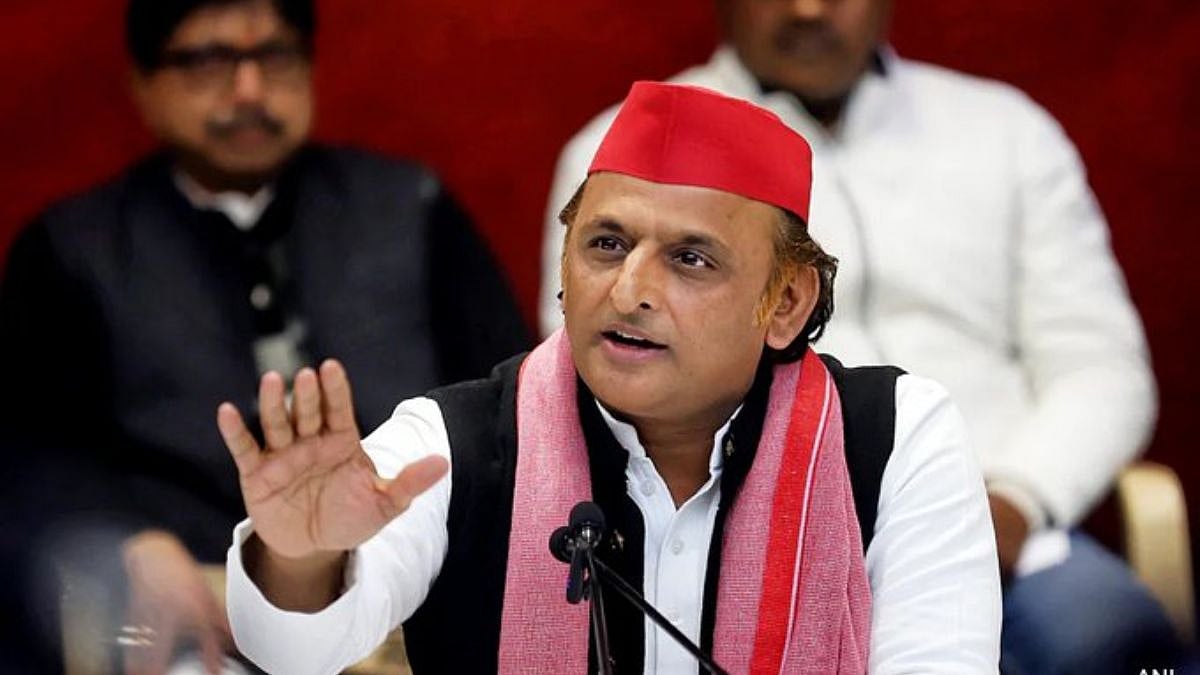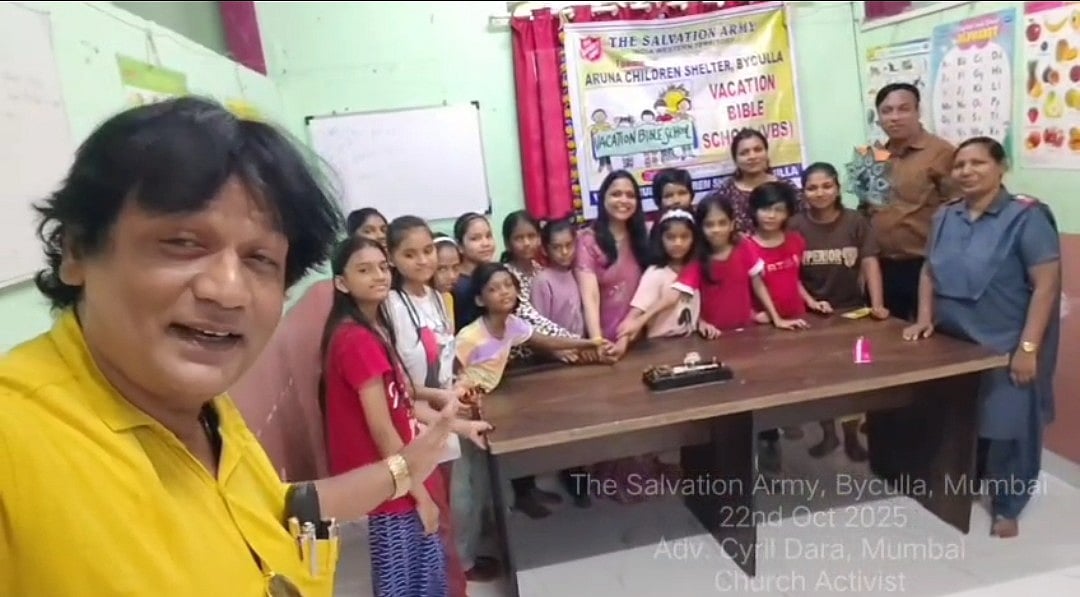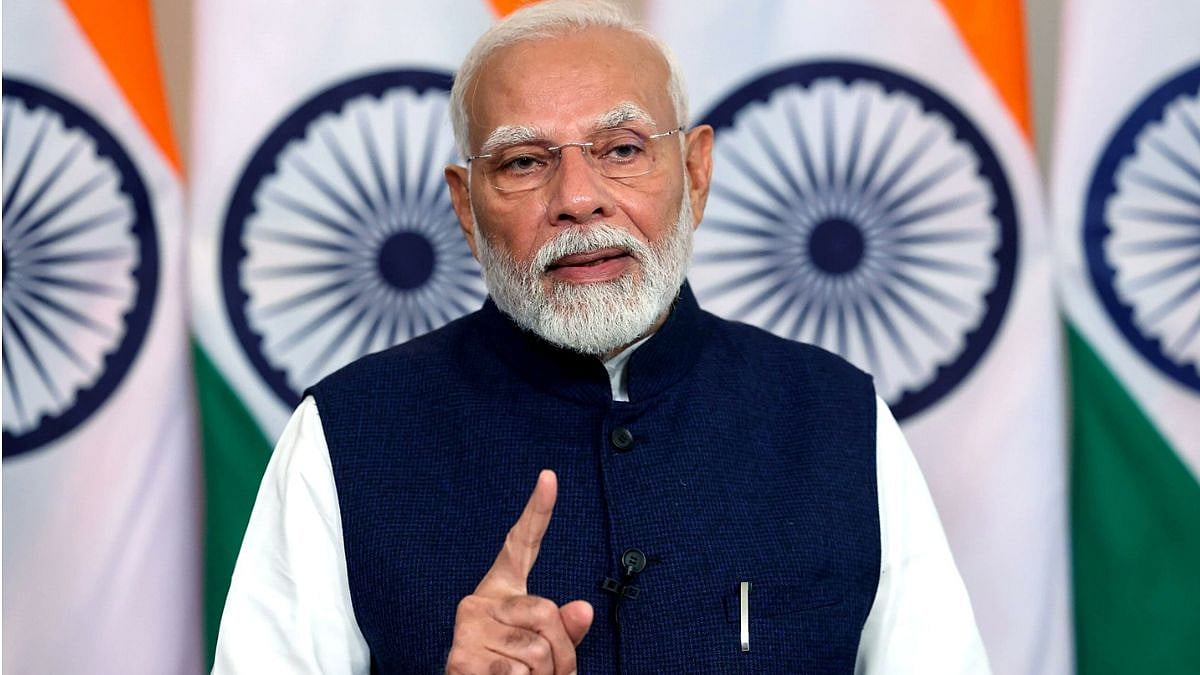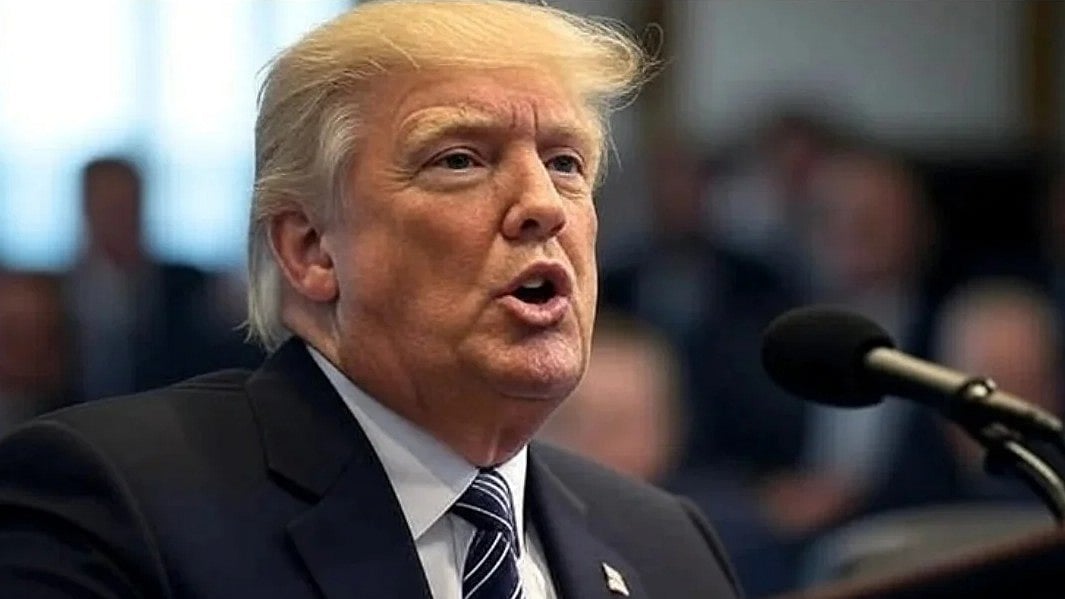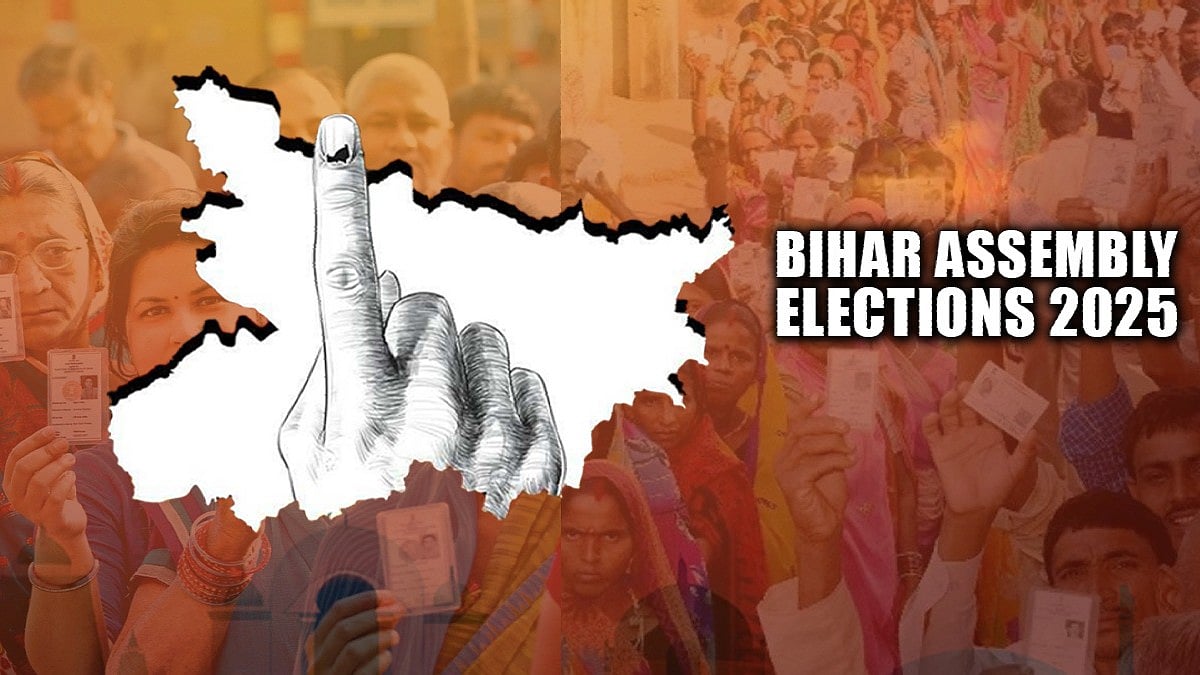President Droupadi Murmu created history of sorts when she visited the Ayyappa temple at Sabarimala in Kerala’s Pathanamthitta district. No head of state, not even KR Narayanan—the first president from Kerala—had ever set foot on the sacred hill. Her visit was not an official duty but a deeply personal pilgrimage.
She climbed the steep, sacred 18 steps carrying the traditional offerings to Lord Ayyappa on her head, just as every devotee is expected to do. While the media rightly hailed her devotion, much was also made of her tribal identity. Ironically, few realised that many scholars believe the Sabarimala temple itself may have tribal or Buddhist origins.
The deity’s meditative posture and the devotees’ chant of Saranam—meaning refuge—lend credence to that theory. But whatever its antiquity or origins, Sabarimala today stands as perhaps the most inclusive and secular temple in India. People of all faiths are welcome to worship there.
In fact, every pilgrim who follows the traditional route to Sabarimala visits the mosque of Vavar, Lord Ayyappa’s Muslim companion, at Erumeli before proceeding uphill. This unique tradition of interfaith reverence makes Sabarimala a living symbol of India’s pluralism.
Once a shrine known mainly to devotees from South India, it now attracts pilgrims from all over the country and even from the Indian diaspora abroad. The President’s visit, therefore, will give a major boost to religious tourism in the region. Unfortunately, what should have been a proud moment for Kerala was marred by two avoidable controversies—a glaring security lapse and an allegation of gold theft from the temple treasury.
Despite the state government announcing the President’s itinerary weeks in advance, the helipad at Pramadam in Pathanamthitta was built barely hours before her helicopter landed. Basic engineering wisdom dictates that concrete requires at least 12 hours to set and several days to strengthen.
Predictably, the helicopter’s landing gear sank into the unset concrete. It took a team of security personnel to push the helicopter free—a sight that hardly inspired confidence in presidential security arrangements.
Kerala’s unpredictable weather—the state is synonymous with rains—should have prompted contingency planning, yet the agencies involved failed to prepare an alternative landing site or route. Their subsequent claim that “there was no lapse” only adds insult to injury.
Meanwhile, the Sabarimala temple itself faces an embarrassing High Court-ordered probe over the alleged theft of gold ornaments worth crores of rupees. The coincidence of these two incidents—one involving negligence and the other, corruption—casts an unfortunate shadow over a temple revered for its spiritual discipline and integrity.
Thankfully, no harm befell the President or her entourage. But the episode should serve as a wake-up call. Faith deserves reverence, not recklessness.

